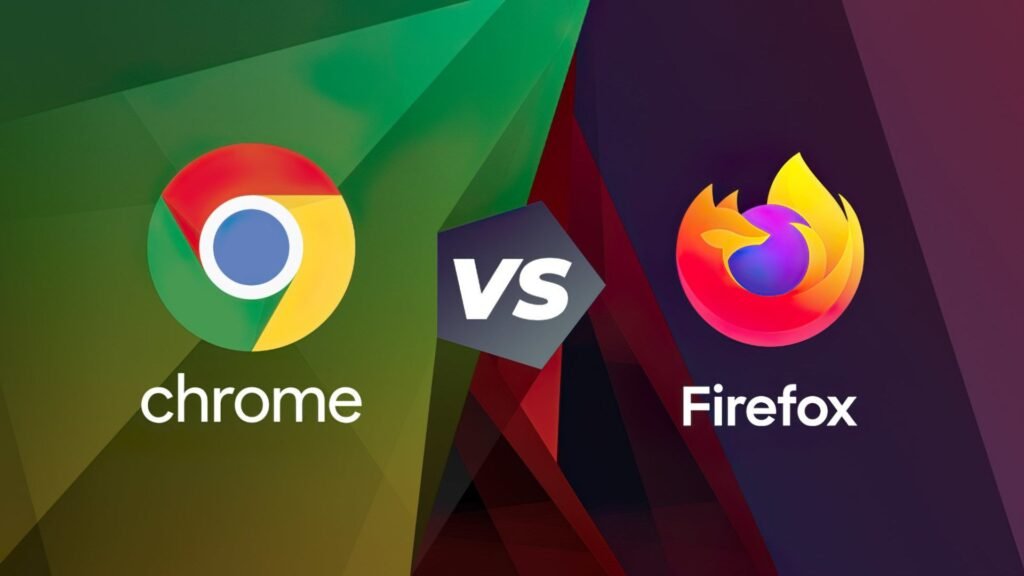Mozilla continues to support Manifest V2

Mozilla confirms his commitment to freedom of users in add-ons. While Google restricts many ad blockers with Manifest V3, Firefox continues to support both versions. This enables users more control over their online experience and data protection.
Freedom for extensions
In the past few months and years, Google has caused many discussions and anger among users: With the introduction of Manifest V3, you limit the functionality of popular extensions – especially AdBlockers. Mozilla, however, goes a different way: The Firefox developer has now confirmed his strategy to support both Manifest V2 and V3 and thus grant users maximum freedom in choosing their extensions.
Manifest V3 is a fundamental revision of the extension API that announced Google 2018. Although it is intended to improve security and performance, however, it limits the functionality of advertising blockers by limiting the number of filter rules and making it difficult to use externally hosted filter lists. Like Mozilla in one Blog post explained (via Bleeping computer), the approach to support both versions is in line with the fifth principle of the Mozilla manifest. This says: “Individuals must have the opportunity to design the Internet and their own experiences with it.” Through the continued support of both manifest versions, Firefox enables developers more flexibility and ensures users access to effective data protection tools.
This decision has far-reaching consequences for the online experience of millions of users. Chrome users are already reporting problems with the popular Adblocker Ublock Origin, which is based on Manifest V2 and has recently been deactivated. Google plans to complete the support for V2 extensions by mid-2025, which will affect many powerful data protection tools. Popular extensions such as Tampermonkey based on external hosted scripts would also be affected by the restrictions. The Electronic Frontier Foundation (EFF) already called on the scene, which the Manifest V3 described as “almost harmful to data protection efforts”.
More than just a technical detail
The differences between the browsers go beyond technical specifications. It is about the basic question of how much control users should have about their online environment. Firefox will continue to support both the “blocking web sequest” and the “Declarative Entrequest” API, which gives developers more scope in creating extensions. This decision marks a departure from Mozilla’s earlier strategy. In 2017, Firefox still abandoned its own expansion architecture (XUL and XPcom) in favor of a chrome-like web extension API. With the support of both manifest versions, Mozilla is now positioning itself more clearly as an alternative for data protection-conscious users.
Mozilla even goes one step further and introduces new APIs, including AI functions that enable extensions to perform machine learning tasks directly in the browser. Mozilla’s decision is in line with the long -term positioning of Firefox as a security -oriented browser. In recent years, Mozilla has continuously strengthened its commitment to data protection with functions such as smartblock and Total Cookie Protection. The support of Manifest V2 is of course also a strategic decision with which you want to win users (back).
Digital marketing enthusiast and industry professional in Digital technologies, Technology News, Mobile phones, software, gadgets with vast experience in the tech industry, I have a keen interest in technology, News breaking.










